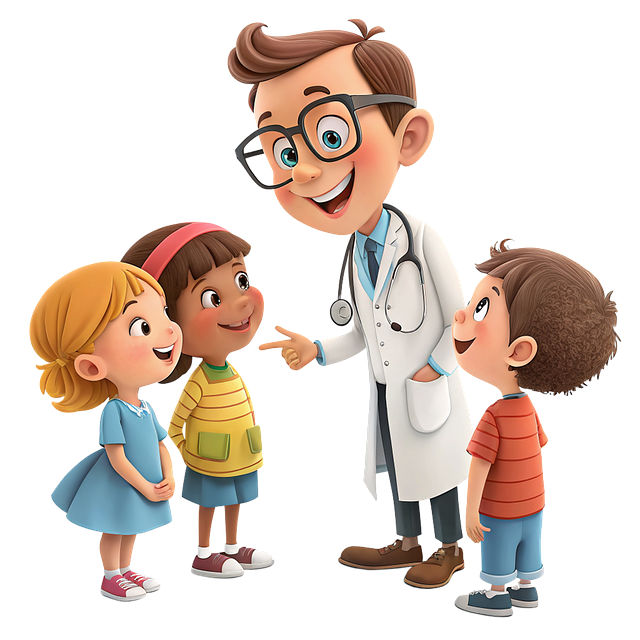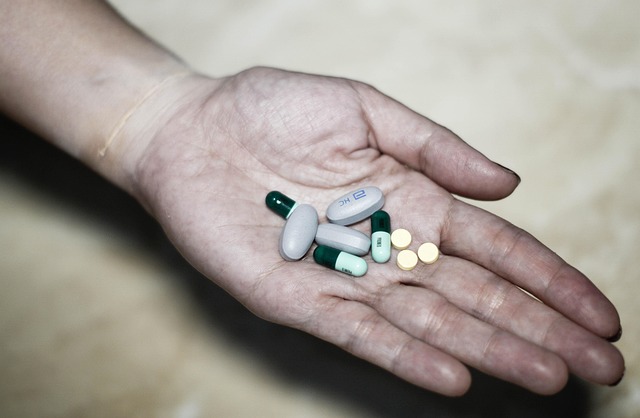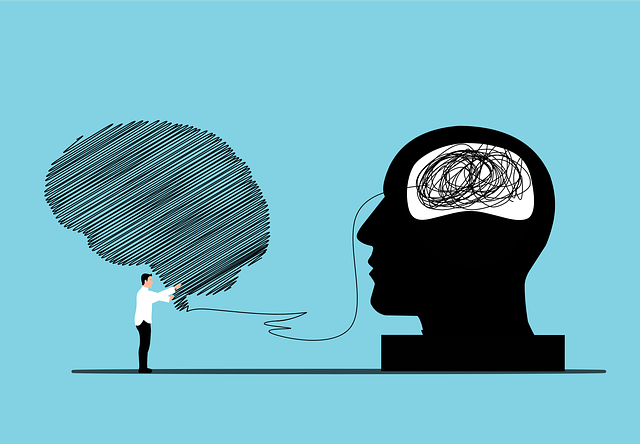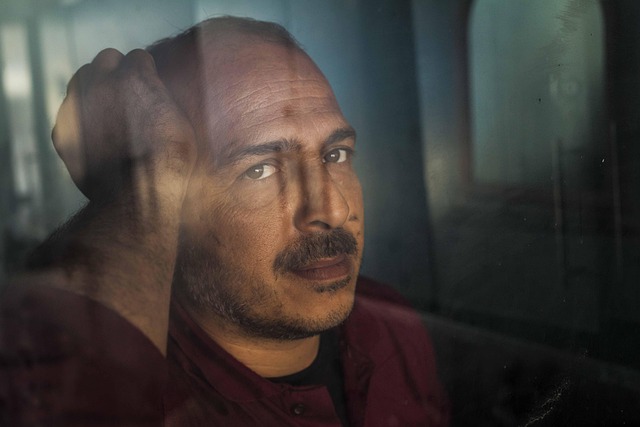Adolescent depression requires immediate, tailored support. Recognize unique challenges like academic pressure and social media influence for subtle sign identification. Early intervention through effective depression treatment programs is crucial. Techniques include CBT, IPT, mindfulness, antidepressants, and family involvement to address this mental health challenge comprehensively.
Depression among adolescents is a growing concern, but with the right therapy, recovery is achievable. This comprehensive guide explores various evidence-based treatments designed specifically for teens dealing with this complex mental health issue. From cognitive behavioral therapy (CBT) to interpersonal relationships focus and mindfulness practices, we dissect effective strategies. Additionally, we discuss medication options, emphasizing the importance of support systems and family involvement in these depression treatment programs.
Understanding Adolescent Depression: Signs and Symptoms

Adolescent depression is a serious mental health issue that requires early intervention and specialized care. Recognizing the signs and symptoms is crucial in order to connect teens with effective depression treatment programs. This age group often experiences unique challenges, such as academic pressures, social media influence, and identity formation, which can contribute to a decline in emotional well-being.
Common indicators include persistent feelings of sadness or emptiness, loss of interest in activities once enjoyed, changes in appetite and sleep patterns, fatigue, difficulty concentrating, and thoughts of death or suicide. These symptoms may manifest differently in teens compared to adults, often presenting as irritability, anger, or behavioral changes rather than overt sadness. Understanding these subtle signs is essential for parents, caregivers, and educators to provide support and guide them towards professional help, ultimately fostering their recovery through appropriate depression treatment programs.
Types of Depression Therapy for Teens

Depression therapy for teenagers typically offers a range of effective approaches, tailored to address the unique challenges faced by young individuals. One common and successful method is cognitive-behavioral therapy (CBT), which helps teens identify and change negative thought patterns and behaviors contributing to their depression. CBT focuses on teaching coping strategies, problem-solving skills, and ways to challenge distorted thinking.
Another evidence-based approach is interpersonal therapy (IPT), designed to improve relationships and social functioning. IPT assists teens in understanding and managing conflicts or difficult interactions with peers, family, or romantic partners. Additionally, some programs incorporate mindfulness-based interventions, teaching present-moment awareness and acceptance as a way to reduce symptoms of depression. These therapeutic modalities are often combined within comprehensive depression treatment programs to provide holistic support for adolescents navigating this complex mental health challenge.
Cognitive Behavioral Therapy (CBT): A Focus on Thoughts

Cognitive Behavioral Therapy (CBT) is a well-established and effective depression treatment program for adolescents. This form of therapy helps young individuals identify and challenge negative or distorted thinking patterns that contribute to their depression. By focusing on thoughts, CBT encourages adolescents to replace unhealthy cognitive processes with more balanced and realistic perspectives.
Through CBT, therapists guide adolescents to recognize unhelpful thought traps, such as all-or-nothing thinking or jumping to conclusions, which can trigger depressive episodes. By learning to question and reframe these negative thoughts, individuals gain a greater sense of control over their emotions and behaviors. This process empowers them to develop more adaptive coping strategies and gradually improve their overall mental well-being.
Interpersonal Therapy: Building Healthy Relationships

Adolescents dealing with depression often find relief through Interpersonal Therapy (IPT), a highly effective approach that focuses on relationships and social environments. IPT emphasizes the importance of healthy interactions with peers, family, and significant others in combating depressive symptoms. By identifying and modifying unhealthy relationship patterns, this therapy helps young individuals develop better coping strategies.
This form of therapy encourages adolescents to explore their interpersonal issues, such as conflict resolution, assertiveness, and emotional expression. Through IPT, they learn to build and maintain supportive relationships, which are crucial components of depression treatment programs. By fostering a sense of belonging and understanding, IPT aims to enhance overall well-being and provide adolescents with the tools to navigate social challenges more effectively.
Mindfulness-Based Approaches: Cultivating Present Awareness

Mindfulness-based approaches have emerged as a powerful tool within depression treatment programs for adolescents. These techniques focus on cultivating present-moment awareness, helping young individuals develop a deeper understanding and acceptance of their thoughts and emotions. By encouraging non-judgmental observation of internal experiences, mindfulness practices enable adolescents to build resilience against negative thought patterns associated with depression.
Through regular meditation, breathing exercises, and body scans, participants in these programs learn to stay grounded in the present, reducing rumination on past mistakes or anxiety about the future. This heightened awareness fosters a sense of self-compassion, allowing teens to navigate challenging emotions more effectively. As a result, mindfulness-based approaches not only alleviate symptoms of depression but also promote overall well-being and enhance coping strategies for life’s challenges.
Medication Options: Prescribing Antidepressants for Teens

Antidepressant medication can play a significant role in treating adolescent depression, offering a valuable tool within comprehensive depression treatment programs. When considering prescribing antidepressants for teens, healthcare professionals must weigh the potential benefits against the risks and closely monitor the patient’s progress. These medications work by altering the levels of neurotransmitters—chemicals that send signals between nerve cells—in the brain, which can help regulate mood and emotions.
There are several types of antidepressants available, including selective serotonin reuptake inhibitors (SSRIs) and serotonin-norepinephrine reuptake inhibitors (SNRIs), each with its unique mechanism of action. The choice of medication depends on various factors, such as the severity of symptoms, coexisting conditions, and individual responses. It’s crucial to remember that antidepressants are typically used in conjunction with psychotherapy, ensuring a more holistic approach to depression treatment programs for adolescents.
Support Systems and Family Involvement in Treatment

Support systems and family involvement play a pivotal role in adolescent depression therapy. Having a strong support network can significantly enhance the effectiveness of depression treatment programs. This includes close friends, peers, and mentors who can offer encouragement and understanding throughout the healing process. Family members, in particular, can contribute to a positive therapeutic environment by fostering open communication, providing practical assistance, and reinforcing coping strategies learned during therapy sessions.
Involving parents or guardians in the treatment plan allows for consistency between home and clinical settings. They can help monitor progress, implement recommendations, and ensure that adolescents practice healthy habits such as regular sleep patterns, balanced diets, and structured routines—all of which are crucial components of successful depression treatment programs. This collaborative approach not only supports emotional well-being but also strengthens family bonds, creating a safe and nurturing environment for recovery.
